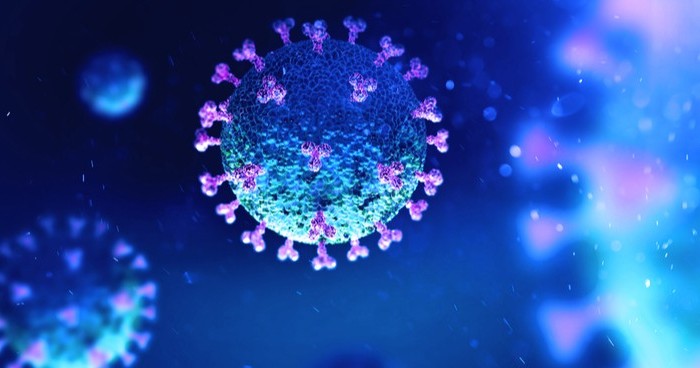At the end of February, I went on a quest for answers if it was possible to use light in the UVR spectrum [1] to contain and/or kill the spread of the new virus SARS-CoV-2.
The reason for validating my claim was because there are various articles, reports and white-papers available on-line prove that light in the UVC spectrum has a germicidal effect[2] killing pathogens like bacteria, viruses, several protozoa and fungi, after exposing them 15-30 minutes to UVC light, depending their output strength. I wanted to know if this could be a possible help (as buffer) to people with a weakened immune system.
Continue reading “Does far-UVC light (and O3) kill SARS-CoV-2?”





